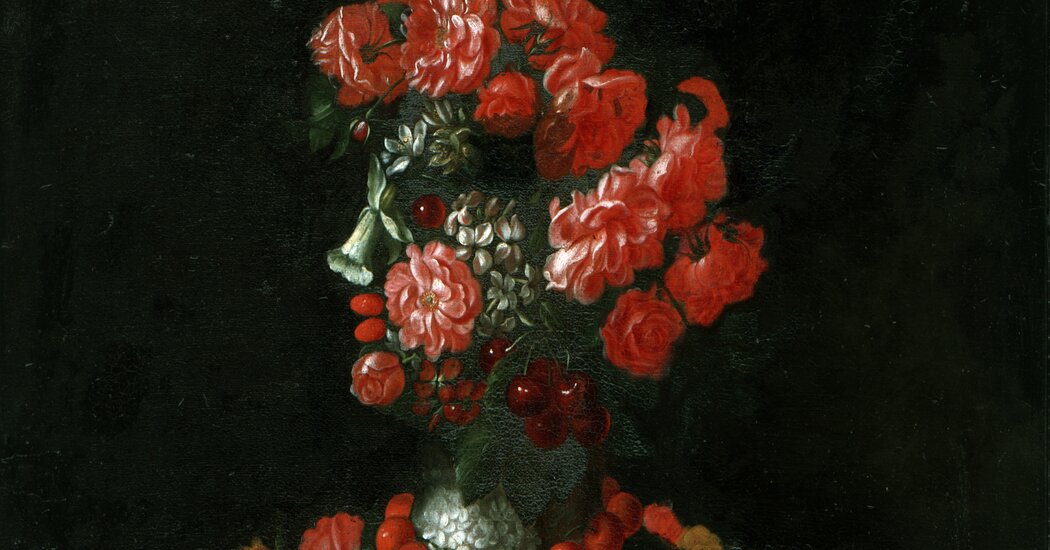In its founding years in the early 20th century, the Louisiana State Museum borrowed dozens of artworks from Marshall Marcell, a successful African American art dealer in New Orleans, to hang on its almost empty walls. More than a century later, Marcell’s descendants say they want them back.
A sense that the family was cheated out of the collection, including 17th-century Italian and Flemish oil paintings, has been passed from one generation to the next, said Lauren Nile, one of Marcell’s great-granddaughters.
“I’ve been hearing about these paintings since I was a very young child,” she said, recalling her parents poring over family photographs at the dining room table with her great-uncle, Marshall Marcell Jr., when he came to visit in the 1960s. “I remember him saying, ‘One day, we’re going to get our family’s paintings back, and when we do, our ship is going to come in.’”
In recent years, officials with what is now the Louisiana State Museums have said that the dealer’s family was probably not compensated fairly for his art.
In 2005, its curator of visual arts at the time, Beth Antoine, responded to Nile’s claim to the artworks by describing their acquisition as “an unusual story and one that would not happen today.” One of her successors, Richard Anthony Lewis, wrote in a 2014 conference presentation that was shared with Marcell’s descendants that he and his colleagues “agree to assume” that the family’s treatment “was a historical injustice.”

